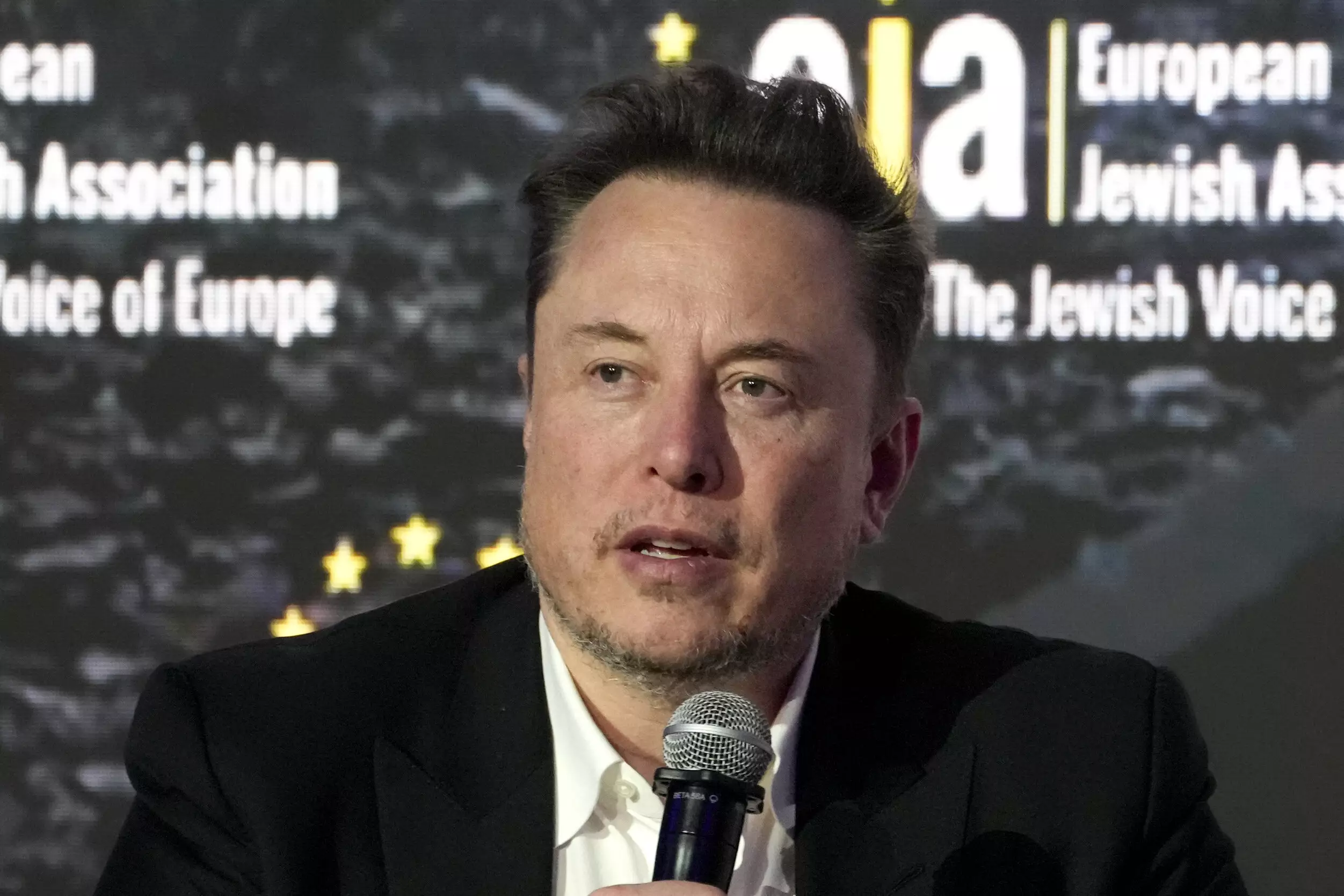Elon Musk’s brain implant company, Neuralink, has recently made a significant move by changing its legal corporate home from Delaware to Nevada. This decision comes after a Delaware judge invalidated Musk’s $55.8 billion pay package as CEO of Tesla. Neuralink, based in Fremont, California, is now registered as a Nevada company, according to state records. This relocation follows Musk’s suggestion to Tesla shareholders to consider moving the company’s corporate registration to Texas. The shift in Neuralink’s legal home raises questions about the advantages and implications of incorporating a company in Delaware and whether Nevada or Texas present more favorable options.
Delaware has long been the preferred choice for businesses to set up their legal shop due to its favorable corporate laws. However, legal experts argue that Delaware’s laws are more inclined towards benefiting corporate management rather than shareholders. Erik Gordon, a professor of business and law at the University of Michigan, notes that Delaware built its reputation as a preferred state of incorporation by being amenable to company management. This preference may not align with the interests of shareholders, as highlighted in the recent case involving Elon Musk’s pay package.
In January, Delaware Chancellor Kathaleen St. Jude McCormick invalidated the pay package established for Musk, deeming the process “flawed” and the price “unfair.” Her ruling described the package as “the largest potential compensation opportunity ever observed in public markets by multiple orders of magnitude.” This decision pushed Musk down from the top spot on the Forbes list of wealthiest individuals. McCormick’s ruling also shed light on the lack of independence of Tesla’s board from Musk, a critical factor in her decision. Musk’s legal team argued that the exorbitant pay package was necessary to incentivize his commitment to Tesla, a reasoning the judge dismissed. McCormick critiqued the board for failing to ask the fundamental question of whether the package was even necessary for Tesla to retain Musk and achieve its goals.
Supporters of Musk argue that his payment should not be compared to that of other CEOs because he is unlike other CEOs. Musk’s close association with Tesla sets him apart and makes his role as CEO integral to the company’s growth. From conceptualization to becoming the most valuable automaker globally, Musk’s visionary drive and Tesla’s unparalleled success make him indispensable. Furthermore, Tesla’s minimal advertising expenses due to Musk’s star power and the company’s disruptive influence on the auto industry amplify the argument for unique compensation.
Read More: The Impact of Meta’s Decision to Stop Paying for News Content in Australia
The recent ruling by McCormick comes five years after shareholders filed a lawsuit accusing Musk and Tesla directors of breaching their duties. The lawsuit argued that the pay package resulted from sham negotiations with directors who lacked independence from Musk. In contrast, the defense argued that the compensation committee, comprised of independent members, fairly negotiated the pay plan, incorporating demanding performance milestones. The lawsuit and subsequent ruling expose the complexities associated with determining adequate compensation for an influential individual like Musk, who plays an instrumental role in a groundbreaking company like Tesla.
Neuralink’s decision to relocate its legal home from Delaware to Nevada further emphasizes the shifting landscape for corporate registrations. While Delaware’s laws have traditionally appealed to corporations, the recent developments surrounding Musk’s pay package and his advocacy for Nevada or Texas registration indicate a growing consideration for alternatives. Neuralink’s move prompts a reevaluation of the advantages and disadvantages of various states when determining the best legal environment for a company’s operations and shareholder interests.
The transfer of Neuralink’s legal home from Delaware to Nevada marks a significant shift in corporate registration and highlights the ongoing debate over the preferability of incorporating a company in Delaware. Elon Musk’s contested pay package and subsequent remarks regarding alternative registration states have sparked discussions about shareholder interests and the role of corporate law. As corporations navigate these considerations, the landscape for legal homes and the laws that govern them may undergo further transformations.


Leave a Reply